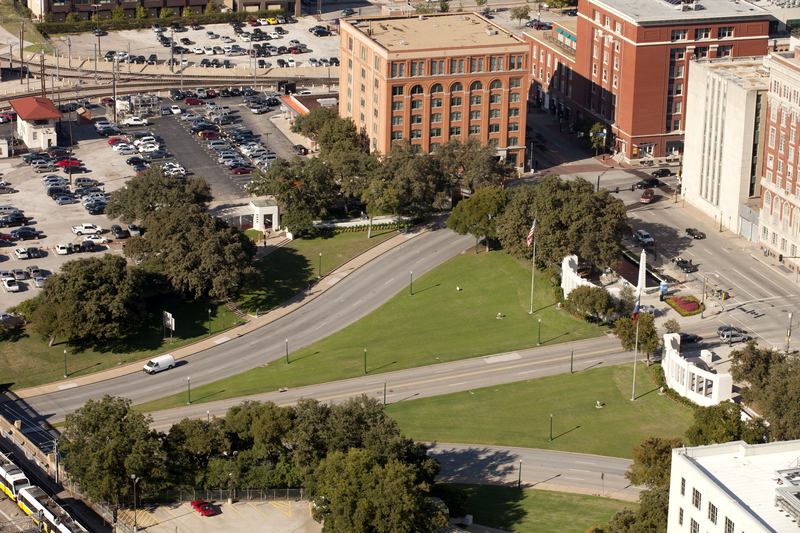DALLAS, TX – Sixty years ago today, President John F. Kennedy was assassinated in Dallas, marking a pivotal moment in American history. Kennedy’s presidency, though brief, left a lasting impact on the nation and the world.
Kennedy, the 35th President of the United States, served from January 1961 until his death on November 22, 1963. He was known for his charismatic leadership and commitment to civil rights, space exploration, and international diplomacy. His efforts to navigate the complexities of the Cold War, particularly during the Cuban Missile Crisis, remain notable in historical analyses.
The assassination, occurring as Kennedy’s motorcade passed through Dealey Plaza, shocked the nation and the world. Lee Harvey Oswald was arrested for the crime but was himself murdered two days later by nightclub owner Jack Ruby, fueling widespread speculation and conspiracy theories. Subsequent investigations, including the Warren Commission report of 1964, concluded Oswald acted alone, but doubts persisted, leading to numerous alternative theories about additional conspirators.

Over the decades, Kennedy’s legacy has been analyzed and debated, with his life and presidency becoming subjects of extensive scholarly research. His vision for America encapsulated in his famous challenge to send a man to the moon, continued to inspire subsequent administrations.
Today, as the nation reflects on the 60th anniversary of this historic and tragic event, Kennedy’s influence on American politics and culture remains evident. Memorials and commemorative events in Dallas and across the country highlight his impact on the nation’s collective memory.
As the years pass, Kennedy’s presidency and the circumstances of his death continue to fascinate and intrigue historians, scholars, and the public, ensuring his place in the annals of American history.

